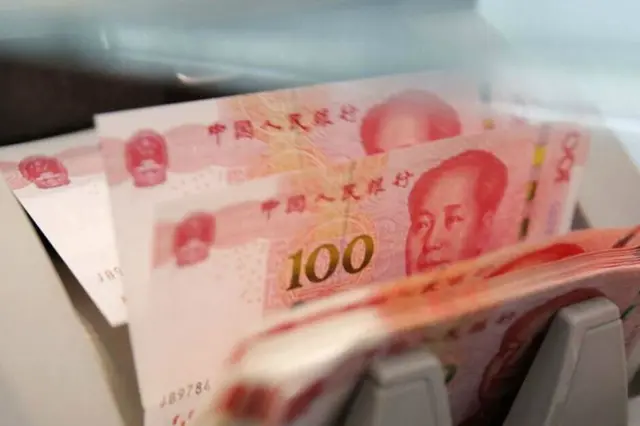Beijing will intensify its crackdown on the country’s underground banking system to stem illegal capital outflows, as part of its efforts to keep the financial sector in order.
State-level law-enforcement authorities and financial regulators are determined to root out illegal money transfers abroad that not only threaten China’s financial stability but also fuel criminal activities such as drug trafficking, terrorism and corruption, Zhang Shenghui, chief of inspection department at the State Administration of Foreign Exchange (SAFE), told state-owned Economic Information Daily.
Admitting that the regulator has been facing increasing pressure to control money outflows since the second half of last year amid yuan’s depreciation, Zhang said the SAFE would tighten loopholes with stronger supervision and data analysis.
His remarks came after a round of nationwide inspections that uncovered illegal deals worth more than 1 trillion yuan involving money transfers.
Li Youhuan, a professor at Guangdong Academy of Social Sciences who researches fund flows, said the amount is a drop in the bucket of illegal transactions through the underground banking system, and that it would take some time before the regulatory loopholes are fully plugged.
The SAFE, along with the central bank, the ministry of public security, the supreme court and the supreme procuratorate, waged a high-profile war against underground banks last year following a stock market rout and a one-off devaluation of the yuan.
Illegal capital outflows could cripple China’s financial system, spark social unrest and trigger a loss of confidence in the world’s second-largest economy.
Meng Qingfeng, a public security vice-minister, warned that the illegal transactions are also related to corruption as unscrupulous officials use underground banks to siphon their ill-gotten gains out of China.
Underground banks normally resort to falsified cross-border trade deals and outbound investment. The loopholes that aid them have been in existence for nearly a decade, with regulators failing to successfully police money transfers due to the lack of an efficient monitoring system, according to several Zhejiang entrepreneurs with knowledge of such illegal businesses.
The regulators and police began to seriously tackle the issue since the second half of last year as the risks of massive capital outflows undermining China’s flagging economy began to rise.
China has yet to liberalise the capital account, with cross-border investment in fixed assets, property and equities subject to regulatory approval.
But entrepreneurs said false foreign trade deals effectively help illegal outbound money flows as custom authorities and commercial banks are unable to spot the irregularities hidden in export-import documents.
“It’s pretty easy to transfer money outside China through artificial import deals,” said a business executive with a Shanghai-based export-oriented company. “Eventually, the government can only limit the outflow rather than close all loopholes.”
Zhang told the state newspaper that underground banks have become more sophisticated in their dealings, making it more difficult for the authorities to detect illegal transfers. In a typical case, an underground banking operator would have both onshore and offshore operations with a client depositing yuan assets at its domestic account, before receiving the equivalent foreign exchange outside China.
(SOUTH CHINA MORNING POST)
 简体中文
简体中文

